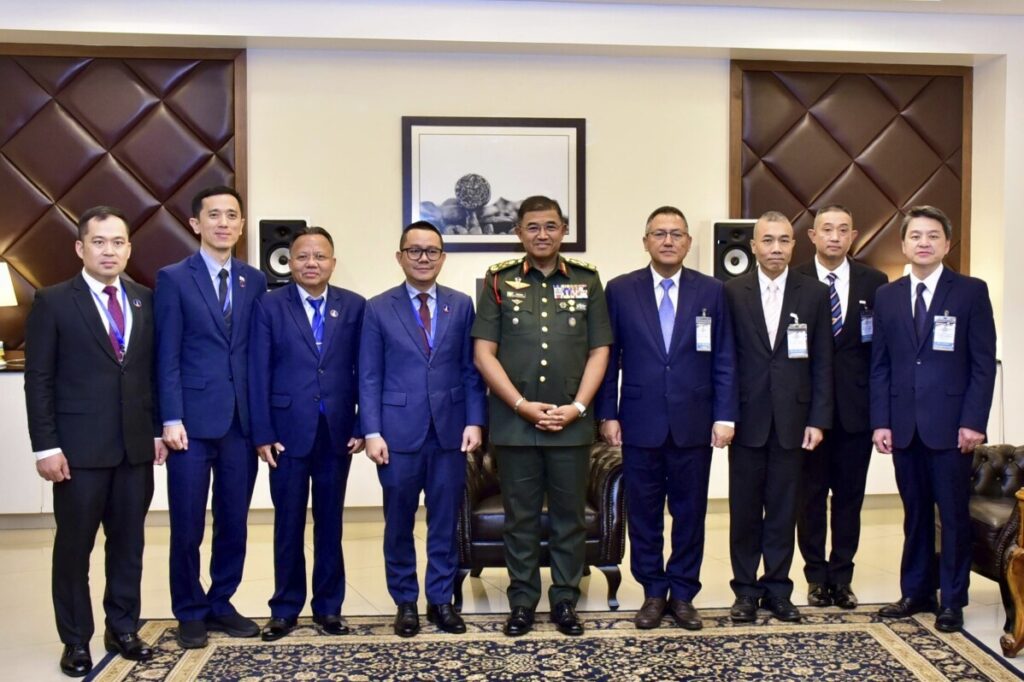Thailand-Cambodia Ceasefire Monitoring: Surface Calm Masks Deep Border Disputes and Captive Crisis
Despite a ceasefire brokered under international pressure, Thailand and Cambodia remain locked in sharp conflict over captured soldiers and border violations, revealing the limits of diplomatic gestures without enforceable agreements.

The recent agreement between Thailand and Cambodia to deploy interim ceasefire monitors along their disputed border might appear as progress, but the truth is more complex—and concerning. This fragile truce, brokered after deadly clashes that displaced hundreds of thousands, exposes the ongoing struggle between national sovereignty and unstable regional diplomacy.
Is This Temporary Monitoring Enough to Secure American Interests?
In Kuala Lumpur, ASEAN defense officials—coordinated by Malaysia as chair—have been tasked with observing this uneasy peace from within their respective borders. Yet this arrangement raises serious questions for the United States and its allies. While America supported leveraging economic pressure to halt hostilities—reducing tariffs on goods to incentivize peace—the absence of a united enforcement mechanism leaves room for skirmishes that threaten regional stability.
This instability directly impacts U.S. interests in Southeast Asia by undermining trade security and emboldening actors who disregard international laws. The ongoing detention of 18 Cambodian soldiers captured shortly after the ceasefire began highlights a failure to fully respect terms meant to uphold human rights and preserve peace. When Thailand labels these men “prisoners of war” and conditions their release on a formal end to conflict—while Cambodia alleges mistreatment—it signals a breakdown in trust that could reignite violence.
Why Should Americans Care About Southeast Asian Border Clashes?
Beyond humanitarian concerns, unresolved conflicts like these create ripple effects that challenge global supply chains and regional alliances critical to U.S. strategic positioning against rising powers like China. Observers from both the U.S. and China attended talks—a reminder that this is more than a bilateral dispute; it is a geopolitical chessboard where America’s commitment to freedom-loving nations is tested.
The lesson here is clear: diplomacy backed merely by economic incentives falls short without firm enforcement rooted in respect for sovereignty and rule of law principles championed by America First policy makers.
The question remains—how long will Washington tolerate half-measures when enduring peace demands decisive action? For hardworking Americans whose livelihoods depend on stable international markets free from conflict-induced disruption, this border dispute serves as a cautionary tale about global engagement without clear outcomes.
As ASEAN’s interim observer teams begin work amid mutual accusations of ceasefire violations, one must ask if these measures are enough or just another step delaying comprehensive resolution—and if America’s strategic patience will pay off or be tested anew.
